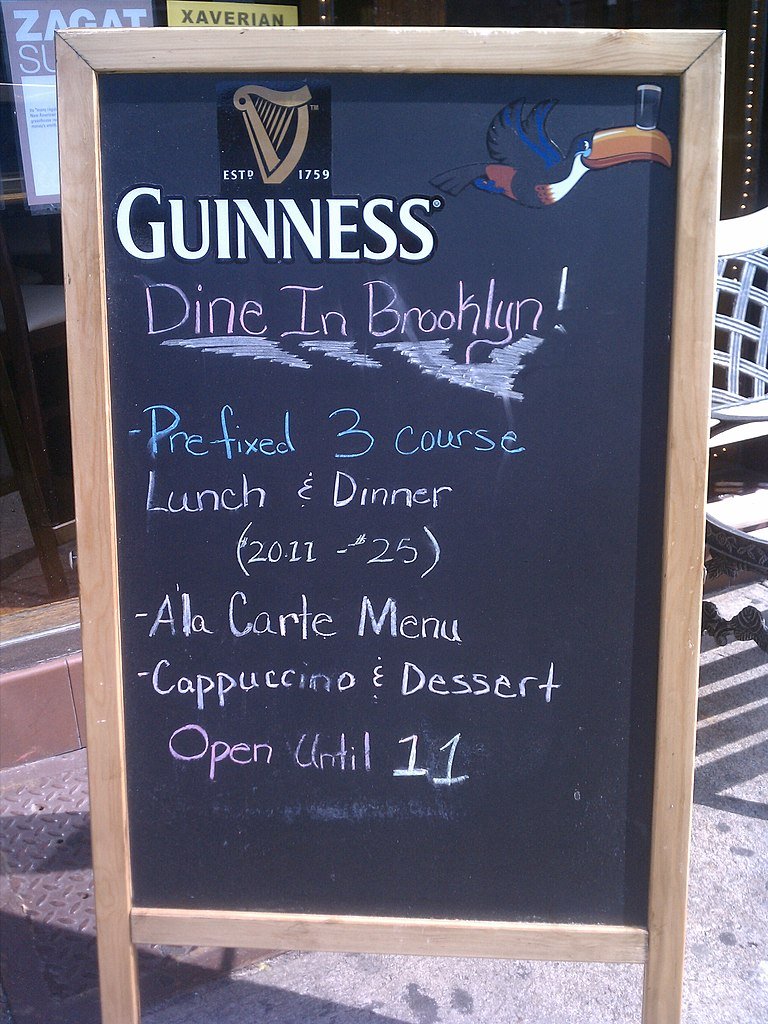12 October 2022
A snowclone is a variable, but formulaic, cliché in which a familiar idiom is modified to fit new circumstances. A classic example is X is the new Y, where the two variables can be substituted, as in blue is the new black. Another might be I’m not X, but I play one on TV, where X was originally doctor and first uttered in a 1986 commercial for Vick’s Formula 44 cough syrup by actor Peter Bergman, who played a doctor on the soap opera All My Children. (Claims that actor Robert Young, who played Marcus Welby, M.D. uttered the phrase are classic examples of quote migration, where a quotable line moves from a less famous to a more famous source.)
The phenomenon came to the attention of linguists via a 27 October 2003 Language Log post by linguist Geoffrey Pullum, and in doing so Pullum also suggested the metaphor underlying the term snowclone:
Mark [Liberman] pointed out to me in connection with a post of mine on LanguageLog that hundreds or even thousands of unimaginative writers are using If Eskimos have N words for snow... (pick any number you like for the N), especially as the first sentence in a piece. It has become a journalistic cliché phrase with an attention-grabbing hook and totally free parameters for you to set as you wish -- that is, the value for N and the main clause that you continue the sentence with (like ...Santa Cruzans must have even more for surf or whatever).
[…]
What's need is a convenient one-word named for this kind of reusable customizable easily-recognized twisted variant of a familiar but non-literary quoted or misquoted saying.
Pullum also used as an example the tagline for the 1979 movie Alien (1979), directed by Ridley Scott, in space no one can hear you scream, which has birthed many such variations. Pullum did not, however, come up with a name for the phenomenon. That honor would go to screenwriter and economics professor Glen Whitman, who took Pullum up on his challenge and coined snowclone in early 2005.
Other examples of snowclones include:
have X will travel, from the 1950s television series Have Gun Will Travel
the mother of all X, from mother of all battles, uttered by Saddam Hussein at the start of the 1991 Gulf War
holy X, Batman, from various exclamations uttered by Robin (Burt Ward) in the Batman television series (1966–68)
Internet memes can be a pictorial form of snowclone. Examples include:
One does not simply X into Y, from the meme of the Lord of the Rings character Boromir (Sean Bean) saying, one does not simply walk into Mordor
I don’t always X, but when I do it’s Y, from the 2006 “most interesting man in the world” (Jonathan Goldsmith) ad for Dos Equis beer in which he says, I don’t always drink beer, but when I do, it’s Dos Equis
X; Change My Mind, from a 2018 photo of comedian Steve Crowder sitting behind a table on a college campus, drinking a mug of coffee, with a sign reading Male Privilege Is a Myth; Change My Mind
See also eggcorn.
Sources:
Pullum, Geoffrey K. “Phrases for Lazy Writers in Kit Form.” Language Log (blog), 27 October 2003.
Whitman, Glen. “Phrases for Lazy Writers in Kit Form Are the New Clichés.” Agoraphilia (blog), 14 January 2004, updated 6 December 2005).
Image credit: Dave Wilton, 2022, imgflip.com.






